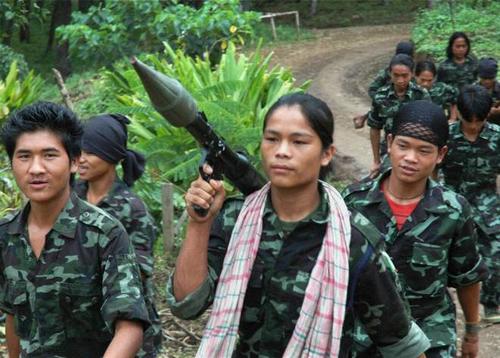India’s Prime Minister Narendra Modi has pursued an “Act East Policy,” intended to strengthen Indo-Pacific strategic relationships, regional political stability, and economic exchanges with Myanmar and other members of the Association of Southeast Asian Nations, or ASEAN. Stronger ties require stabilizing the region near India’s northeast border with Myanmar. India’s state of Manipur, with about 2.75 million people, borders Myanmar and is home to three major cross-border ethnic groups with insurgencies. Success in that state could spread to others including Arunachal Pradesh, Nagaland and Mizoram, explains Brandon J. Miliate, librarian for South and Southeast Asian Studies at Yale University. So far, insurgent groups have hampered India’s efforts to develop the border city of Moreh and trade. Roads are not enough, and Miliate suggests that long-term solutions require agreement of three major ethnic communities. India compounded uncertainty for the region over the past decade with reliance on secretive bilateral negotiations with each group, slow follow-up on specific political arrangements, failure to ensure disarmament or end ongoing collection of payments from local communities. Miliate concludes with what is needed: “inclusive negotiations to foster collective solutions for all of Manipur’s diverse communities” and “devolution of power from the state capital, Imphal, to district capitals.” – YaleGlobal
This article originally appeared on YaleGlobal Online.


